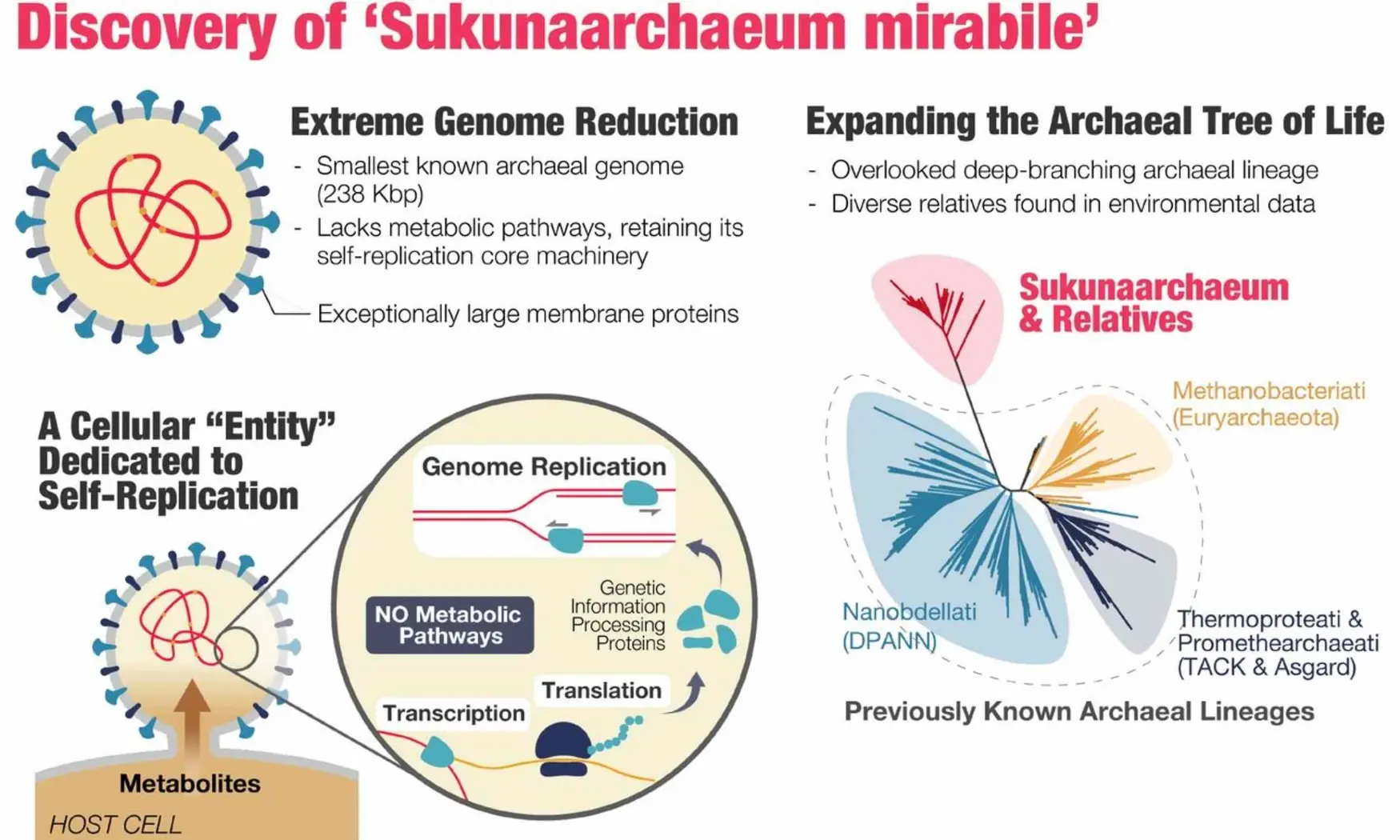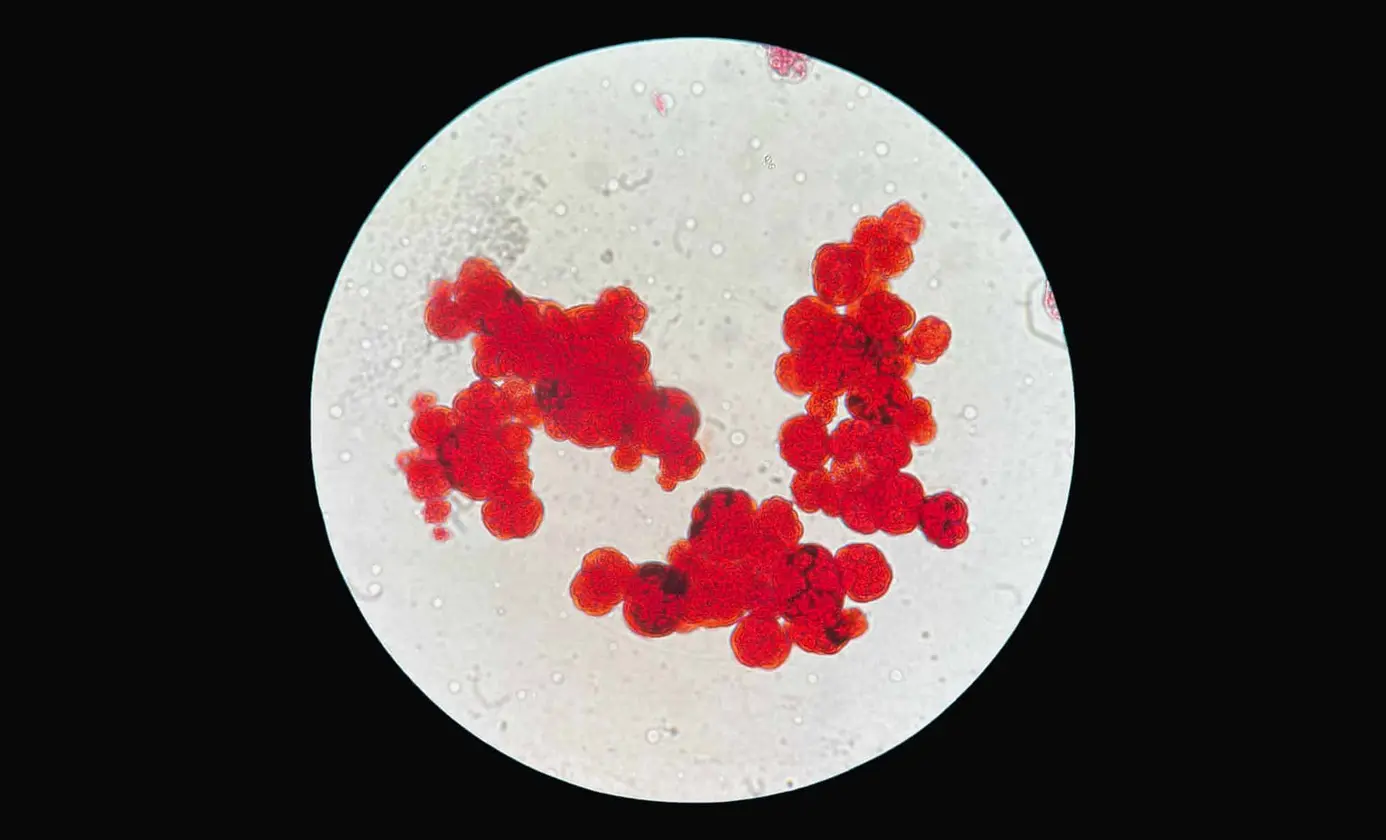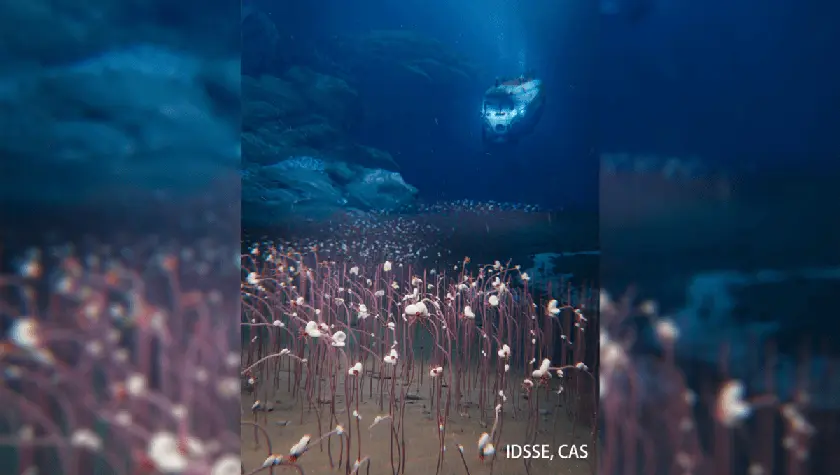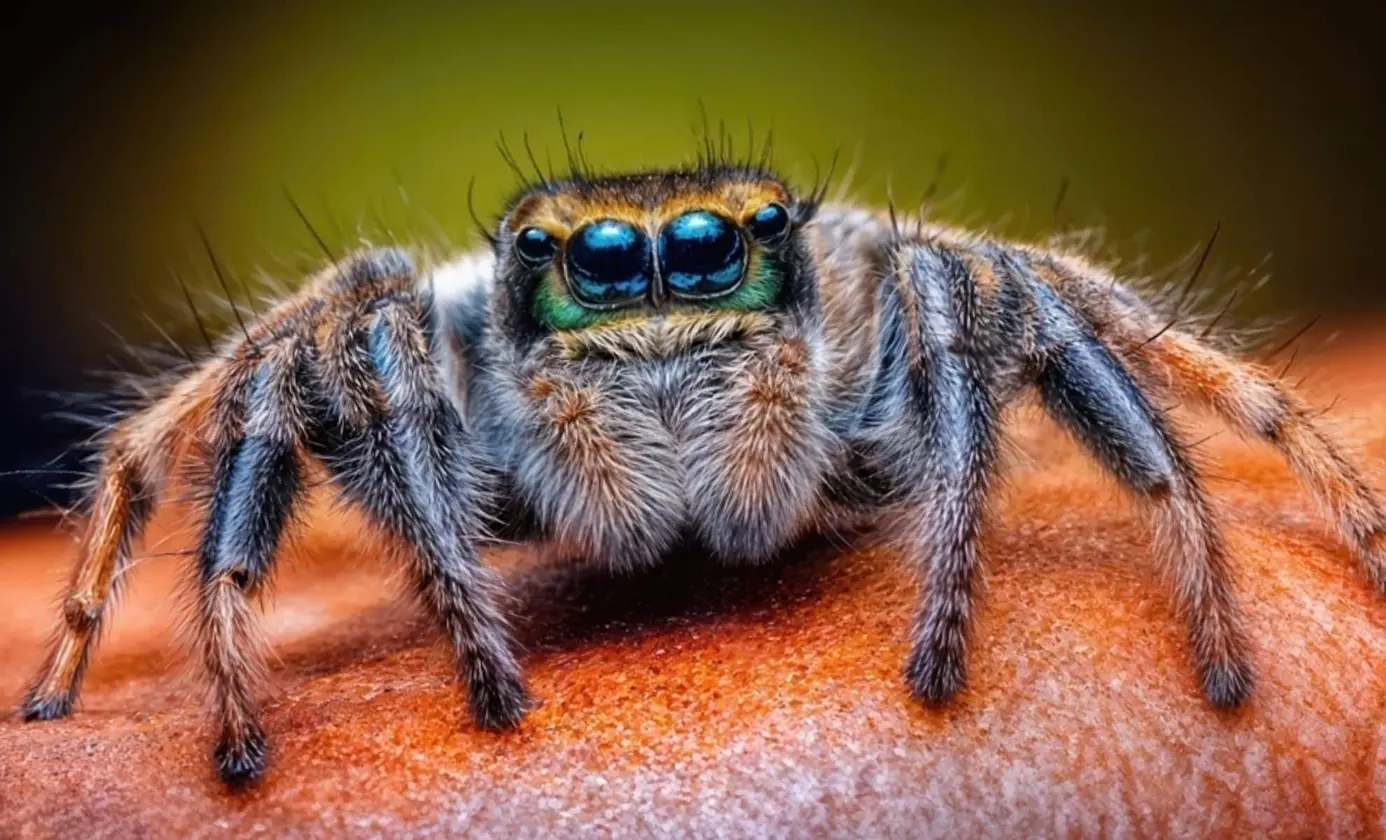T4K3.news
Microbe redefines life boundaries
A tiny, host dependent cellular microbe challenges traditional life definitions and opens new research pathways.

Researchers report Sukunaarchaeum mirabile, a cellular microbe with a stripped-down genome that challenges traditional ideas of what counts as life.
Microbe blurs the line between life and virus
A marine microbe named Sukunaarchaeum mirabile has been identified from DNA scraped from a dinoflagellate off the coast of Japan. The organism carries a genome of about 238,000 base pairs, making it one of the smallest cellular genomes on record. It is undeniably cellular, yet its metabolism is highly pared down and it relies on a host cell for many functions. Researchers say the microbe retains the genes for building ribosomes and messenger RNA, but otherwise borrows most tasks from its partner. Phylogenetic analyses place Sukunaarchaeum on a deep branch within Archaea, and scientists propose a new phylum to capture this lineage; the organism’s exact partner remains unknown. The discovery was reported in bioRxiv after sequencing DNA from the dinoflagellate Citharistes regius and uncovering a sequence that did not match known species.
The finding invites debate about whether life exists on a strict yes-no scale or as a spectrum. If more organisms like Sukunaarchaeum exist, many hidden lineages could be lurking in environmental sequencing data, previously mistaken for contaminants or viral anomalies. The study raises practical questions for science policy and biosecurity, including how definitions of life shape funding, safety rules, and planetary protection for space probes.
Key Takeaways
"Its genome is profoundly stripped-down, lacking virtually all recognizable metabolic pathways, and primarily encoding the machinery for its replicative core."
Researchers describing Sukunaarchaeum in the study
"The discovery pushes the conventional boundaries of cellular life and highlights the vast unexplored biological novelty within microbial interactions."
Authors summarizing the significance of the finding
"Sukunaarchaeum sits on a deep branch of Archaea, possibly warranting a new phylum."
Phylogenetic placement discussed in the report
"Life may be a spectrum that reshapes how we think about biology and policy alike."
Editorial takeaway on broader implications
The discovery challenges the long held view that life must be fully self supporting. Sukunaarchaeum blends cellular traits with viral like dependence, showing how evolution can strip a cell to its core while still keeping a parasite friendly relationship with a host. That portrait fits a broader pattern scientists suspect in microbial evolution: life may be more fluid than a strict category allows. The implications extend beyond biology. If definitions of life influence what researchers fund and how authorities regulate, then a spectrum view could shift policy and risk assessment in unpredictable ways.
At the same time, the work warns against hurried policy changes. Metagenomic data can reveal surprising forms, but without knowing the host and ecological role, it is easy to over interpret. The paper underscores the need for cautious, ongoing inquiry as scientists map the hidden diversity that may lie just beneath the surface of recognizable life.
Highlights
- Life may be a spectrum, not a simple yes or no
- A tiny genome tests big questions for biology
- Tiny genome big questions for policy and science
- The line between life and nonlife is being redrawn
Policy and biosecurity risk from blurred lines about life
Defining life shapes funding, regulation, and safety rules. If life is viewed as a spectrum, current screening and oversight could miss unusual microbes and create policy gaps. The finding invites debate about new standards and public understanding.
As science probes the limits of life, definitions will keep evolving.
Enjoyed this? Let your friends know!
Related News

New microbe reshapes life definitions

Unique Microbe Discovered in Yellowstone

Hulk Hogan's legal battle reshapes privacy standards

Woman shares her journey into non-monogamous relationships
Avant-garde theater icon Robert Wilson has died

New Ecosystem Found 9,533 Meters Undersea

Fossil Challenges Spiders' Earth Origins

Meghan Markle's rise prompts mixed public response
